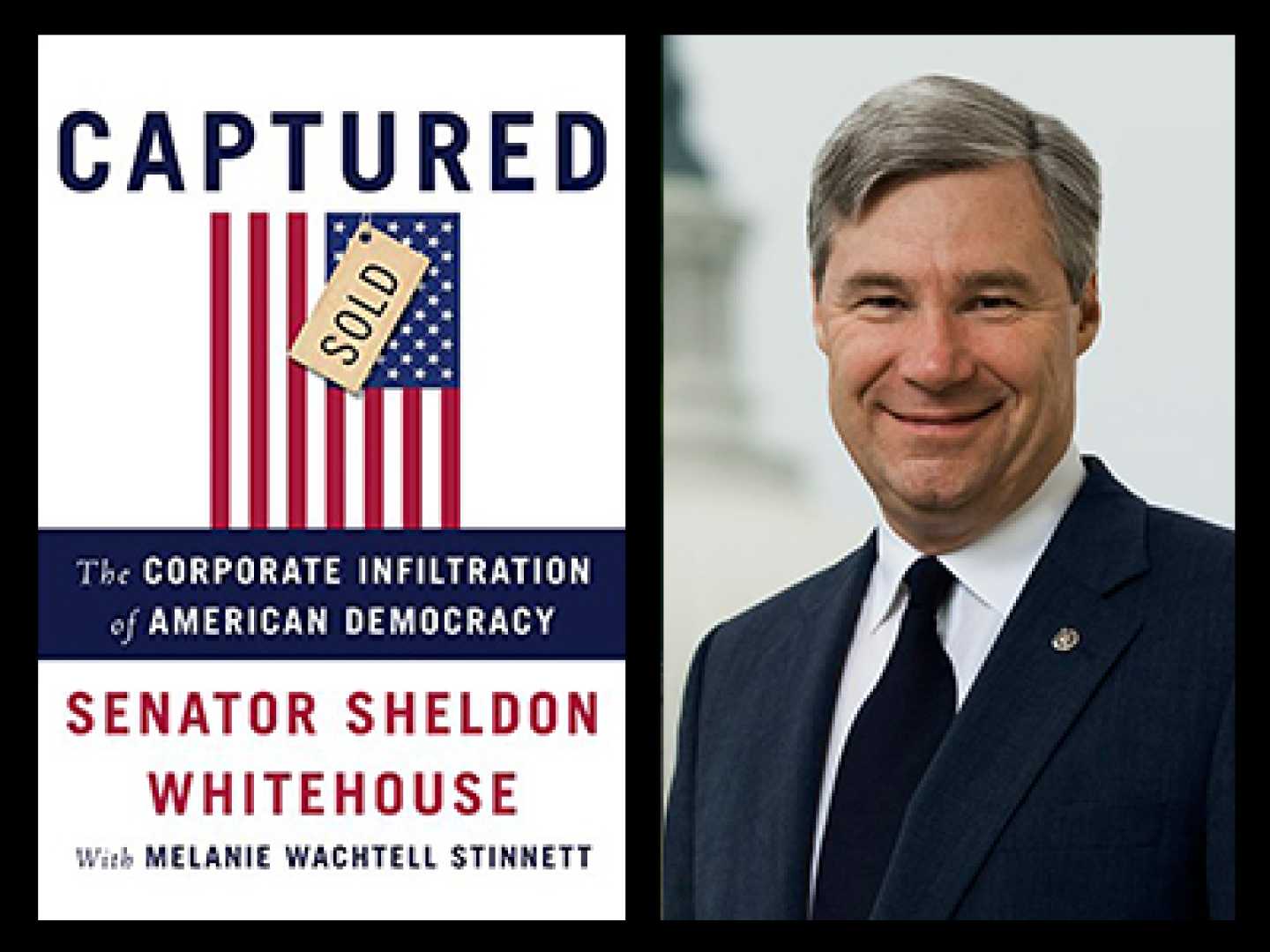Politics
Senator Whitehouse Talks Hope Amid Challenges to American Democracy

WASHINGTON, D.C. — Senator Sheldon Whitehouse of Rhode Island addressed the state of American democracy in a recent interview, balancing realism and hope. His remarks come at a time when many view the political landscape with skepticism and concern.
Whitehouse, known for his long-standing warnings about the influence of money in politics, recently delivered his 300th speech on overhauling U.S. judicial systems affected by corporate interests and climate change denial. Since 2012, the senator has focused on the pervasive influence of dark money in politics, and last week’s sharp comments reaffirmed his ongoing commitment to these issues.
“In a democracy, it’s vital for citizens to understand what’s happening around them,” Whitehouse explained. “When you have a perspective that others might not, you need to share that knowledge. People are genuinely interested in what’s going on.”
In his speeches, Whitehouse often underscores the link between a compromised Supreme Court and the broader struggles affecting American political values. “It’s the same players behind the scenes manipulating our political process. The situation with our climate future and our political arena is intricately connected,” he said.
Despite the urgency of his messages, Whitehouse conveys optimism about the ability to influence change. “It was done. And so it can be undone,” he noted, emphasizing the collective responsibility of citizens to work towards a better future.
His insightful outlook has resonated with many, capturing the complex emotional landscape of those who feel frustration in these turbulent times. “Behind the gloom of what’s happening, we must focus on long-term solutions. We have the tools to rebuild democracy,” he stated, reiterating the power of civic engagement.
Whitehouse concluded the interview by encouraging a unified approach toward addressing democracy’s challenges, advocating for informed action. “We need to recognize what has happened, continue to advocate for truth, and create a path forward. It can be done.”












